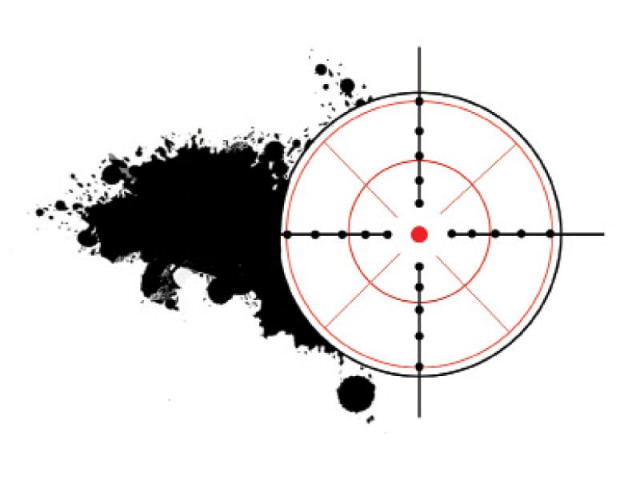Toothless tiger: Without legal cover, counter-terrorism body resembles research lab
Despite cabinet approval last month, bill’s future seems doubtful as govt drags its feet.

The authority was set up in December 2008 by then prime minister, Yousaf Raza Gilani, as the need grew for the law enforcement agencies to be on the same page. For example, as Nacta chief Khawaja Khalid Farooq told The Express Tribune, if the Nacta Bill 2012 were passed, they would be empowered to liaise with the intelligence agencies.
“The bill must be passed now or never,” he stressed. And indeed, the timing could not be more crucial. On Saturday, a suicide bomber attacked a political rally in Peshawar, killing senior minister Bashir Bilour and several others in a major setback for the Khyber-Pakhtunkwa province.

Though Nacta’s Farooq did not explain the delay over the bill, he underlined that the interior ministry must do its job to ensure all law enforcement agencies are collaborating on a comprehensive counter-terrorism plan.
As the ministry of law and justice is involved, its minister, Farooq H Naek, would have ideally been able to explain the delay as well. But he too was short on answers and referred to the interior ministry. “[It] is dealing with the matter,” he told The Express Tribune.
Last month, when the federal cabinet approved the Nacta Bill 2012, it said that it must be tabled in parliament as soon as possible. Naek could not comment on whether this would happen either.
The Express Tribune earlier reported former Nacta chief Dr Zafarullah Khan as saying that a long tussle with the interior ministry was to blame for the delay. The interior ministry had proposed Interior Minister Rehman Malik should head the board of governors, something that was not acceptable to the directors.
In the meanwhile, Nacta has managed to prepare close to a dozen research papers on counter-terrorism measures, such as keeping a check on banned outfits and prosecuting people involved in terrorist activities. Without legal cover, however, the authority cannot suggest amendments to laws to tackle terrorism.
Furthermore, with proper legislation, Nacta representatives can seek international support to expand existing law enforcement and security mechanisms. According to Farooq, the authority plans to enhance partnerships on cyber security, terrorist databases, the development of training manuals, de-radicalisation and rehabilitation programmes, and the establishment of national counter-terrorism training centres at the national police academy.
Published in The Express Tribune, December 24th, 2012.



















COMMENTS
Comments are moderated and generally will be posted if they are on-topic and not abusive.
For more information, please see our Comments FAQ